19+ Sample Prospecting Letter [ Sales, Job, Marketing ]
-
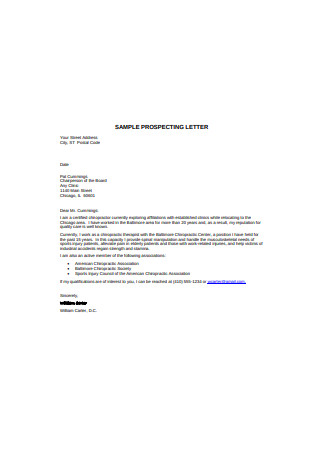
Sample Prospecting Letter
download now -
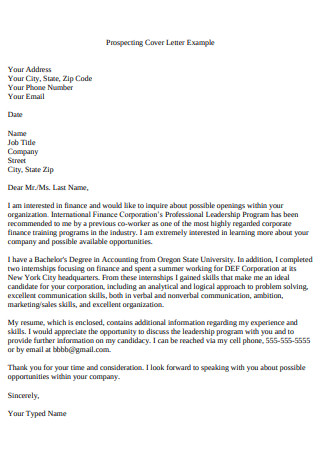
Prospecting Cover Letter Example
download now -
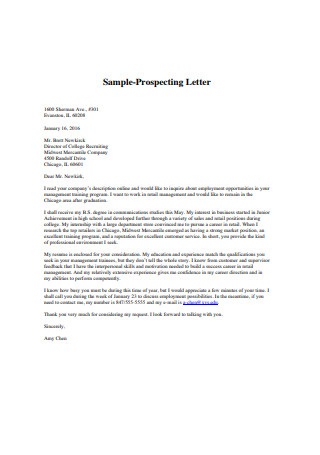
Sample Prospecting Letter Format
download now -
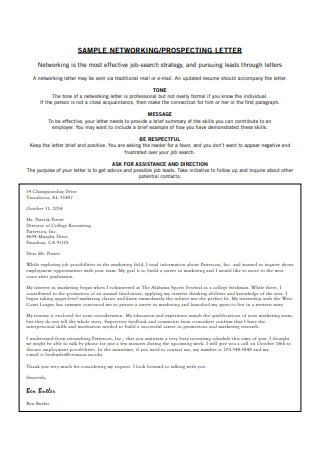
Prospecting Letter
download now -
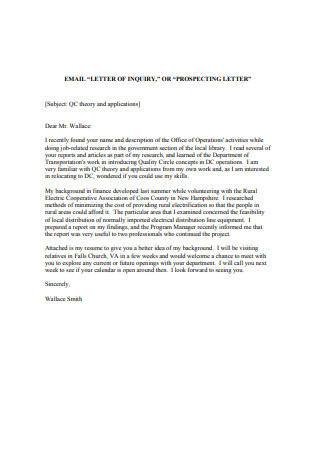
Basic Prospecting Letter
download now -
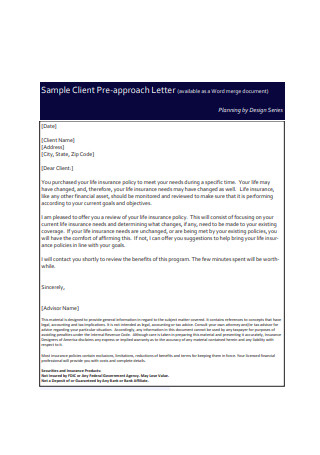
Sample Client Prospecting Letter
download now -
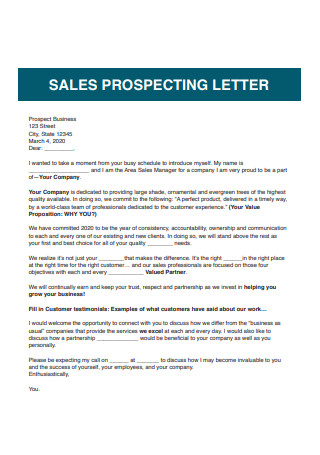
Sales Prospecting Letter
download now -
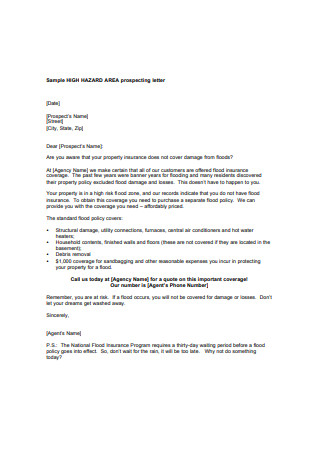
Prospecting Letter Format
download now -
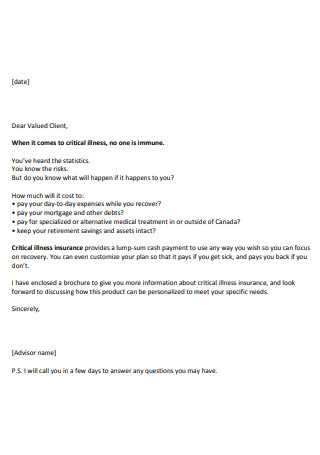
Prospecting Letter Example
download now -
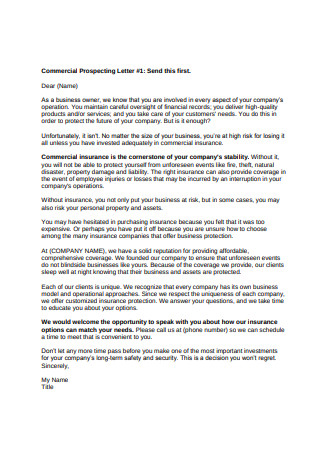
Commercial Prospecting Letter
download now -
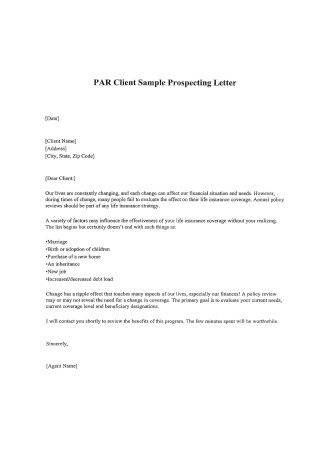
Client Sample Prospecting Letter
download now -
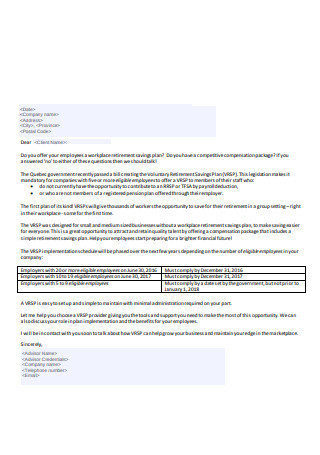
Prospecting Letter Sample
download now -
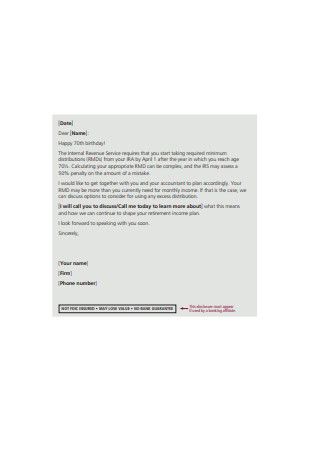
Marketing Prospecting Letter
download now -
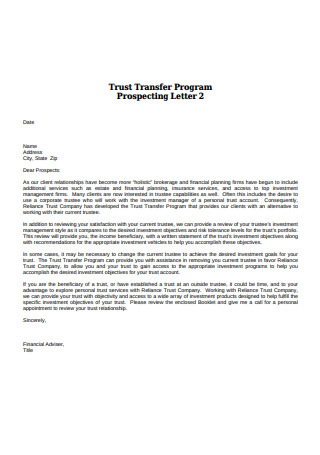
Trust Transfer Program Prospecting Letter
download now -
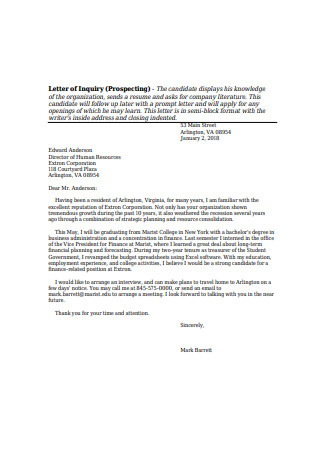
Prospecting Inquiry Letter
download now -
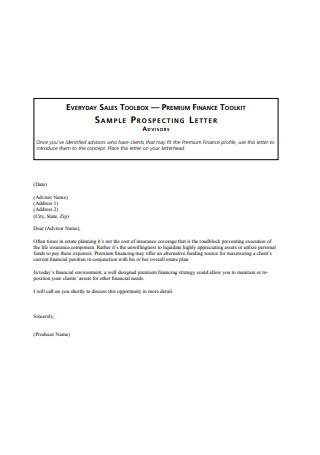
Sample Prospecting Sales Letter
download now -
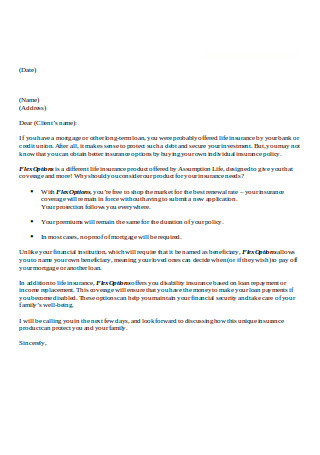
Sample Prospecting Letter Example
download now -
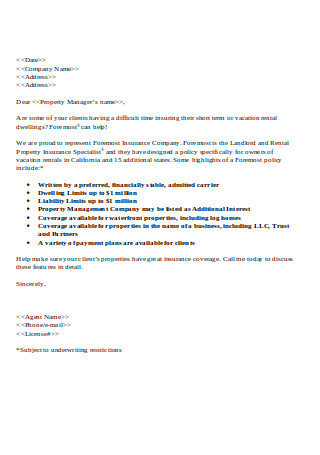
Prospecting Letter for Rental Agencies
download now -
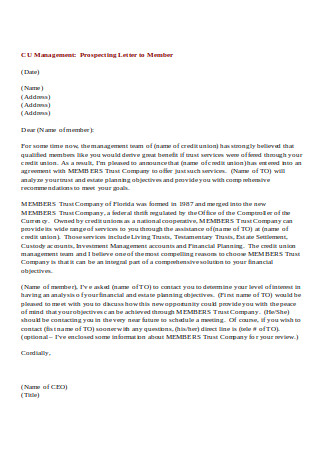
Prospecting Letter to Member
download now -
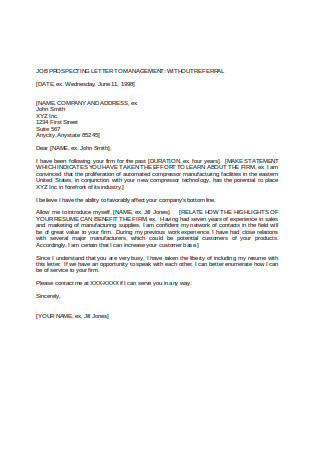
Job Prospecting Letter to Management
download now
What Is a Prospecting Letter?
If you are a young adult who is having a hard time looking for a job, chances are, you are among the 8.1% unemployed youth in the United States. According to Statista, the unemployment rate for citizens aging 16 to 24 years old has increased from 7.9% in October 2019 to 8.1% in December 2019. Job-hunting is probably the hardest part of “adulting,” especially if there are no openings. But what if I tell you that you can open the doors of opportunity yourself by writing a prospecting letter to your target company?
A prospecting letter, also known as a letter of interest, is a document that you send to your prospective clients or employers in hopes of looking for a job opportunity when they don’t have any openings. It’s pretty much like a cover letter sent in advance. Letters of interest are also useful in sales and marketing in terms of catching new clients. Sales prospecting letters can be handwritten, printed, or in electronic form. If you are in real estate and know of someone looking to buy a house, you can send them a sales prospecting letter to catch their attention. There are already multiple ads and listings seen online that seeing a letter is refreshing to the eyes. This technique can also work for insurance companies.
If you know of a person who is or is currently not by another company, yet you are looking to hire him, you can also send him a prospecting letter as a means of recruitment. It can function as a business proposal in this sense. The premise of a prospecting letter is that you are expressing interest over a company’s job opening, or a person’s qualities and capabilities. However, you have to draft it effectively and sell yourself or your business so hard that it would be impossible for them to refuse.
Types of Prospecting Letters
Prospecting letters can be used for different kinds of purposes, whether it be for an employer or a client. Here, we list some of the types of prospecting letters that you can use:
There are many types of prospecting letters, but they all serve one great purpose: persuasion. Sell yourself, your qualities, and you’ll definitely get a shot at winning the client or company.
Is a Prospecting Letter Better than a Prospecting Email?
Emails are faster and more efficient than letters. It automatically directs itself to the person we want to send it to without getting lost in the process. You can never get the address wrong if you get it through legitimate sources like LinkedIn. However, letters have a certain X-factor that an email can never have. Here are some benefits of sending a prospecting letter over sending a prospecting email:
Prospecting letters Can be Personalized
Unlike emails where it can only look generic; otherwise, it would look rustic and tasteless when decorated excessively; with letters, you can use nice-looking envelopes and stationeries to make it look more personalized. You can style it as much as you want and even use calligraphy to make it look classy. But don’t style it too excessively, though, as it might look unprofessional.
They Don’t Get Directed to a “Spam” Folder
Executives can choose to automatically direct an external email to the spam folder just by setting a few rules and settings. However, with a letter, your recipient has the potential to read it since the mailman will have to deliver it directly to him.
They Don’t Get Buried Along with Other Mails
Business people always have a lot of things in their inboxes and tend to receive tons of emails daily. With all those rubbish in their inbox, chances are they will just skip through your email without reading it. In a worst-case scenario, it gets automatically deleted. Now, that’s not something that you want to happen to your mail.
They Make You Stand Out
With the technological boom, everyone sends and receives texts and emails daily. It’s so common and effortless that sometimes it feels insincere and unoriginal. With a letter, the prospect will feel the effort and sincerity that came with it. So there’s no need to be shy in sending out your letter.[/ns_tblspan][/ns_tbl]
What are the Qualities of a Good Prospecting Letter?
Now, you have a pretty good idea of what you’re writing about. And you know that you do have a shot at getting a job at that dream company. You pick up your pen and paper and start writing, only to draw a blank on what to write. What should a good prospecting letter look like? Suddenly, you are haunted by your doubts about whether you’ll be able to write a good one or not. Don’t worry. Here are some qualities that entail a good prospecting letter:
These three golden qualities go hand-in-hand to bring out the best in you. It would also help to research the company before trying to send that letter. Be careful, though, in trying to dish out your qualities. Try to shorten it to at least one or two paragraphs. As much as we want to regale the future clients of our achievements and awards, it’s nothing short of boastful and arrogant. Try highlighting at least one or two of your biggest achievements in your company and reserve the others (e.g., award certificates, seminars) for the resume and interview.
How To Write a Good Prospecting Letter
You are now armed with the type of prospecting letter and the good qualities that go with it. All that’s left now is to draft it. At this point, you already know what tickles your client’s funny bones. So how do you write a good one that will knock your prospective client or employer’s socks off?
Step 1. Address It to the Right Recipient
Sending an email is much more convenient in the sense that it goes directly to your prospective client’s inbox. Mining for their email is even easier with the advent of the Internet. But doing it the old-fashioned way is much more personalized, and it packs a punch! Therefore, try to find out who and where to address and mail your letter to, whether it be a business introduction letter or a business proposal. You can try approaching their Human Resources Team for the address. Usually, you’d be asked to mail it to their mailroom. That’s fine. No matter how long, it will still reach the person you wish to receive it.
Step 2. Follow the Standard Business Format
Though we have reiterated that we’d like you to personalize your letter as much as possible, that doesn’t mean you can write it informally. Follow a block style format, with everything justified to the left.
Step 3. Include Your Contact Information
Just like any good letter, be sure to enter your contact information. Your contact information may already be included in the resume, but it doesn’t leave much of an impact unless you specify that they can reach you through your number or email. It would passively serve as a call to action.
Step 4. Indicate That You Would Like to Meet Up
Since it’s a prospecting letter, there’s no guarantee that an interview or face-to-face discussion will follow. Thus, make sure to set up a meeting with them. That way, you have a chance to expound more on your qualities and explain to them what they get out of hiring you or making a deal with you. Make that sales pitch and sell yourself attractively to your client or hiring manager.
Step 5. Attach Your Resume
You can only say so much in a one-page prospecting letter. In a resume, you can indicate what kind of qualities or qualifications you have that will make you a good fit for the company. There you can tell them what you couldn’t in your letter. You can let them know what experience, achievements, and certifications you have that would benefit the company.
With these steps, you are now ready to write your prospecting letter. Give it your best shot in wooing that company. Don’t be disappointed if you don’t get an immediate response. Letters would take days before they arrive at their destination. If a week has passed and you don’t hear from them, it wouldn’t hurt to follow up on it with the company. Don’t give up until you get that employment letter. According to Chris Grosser of Tesla, “Opportunities don’t happen. You create them.”
